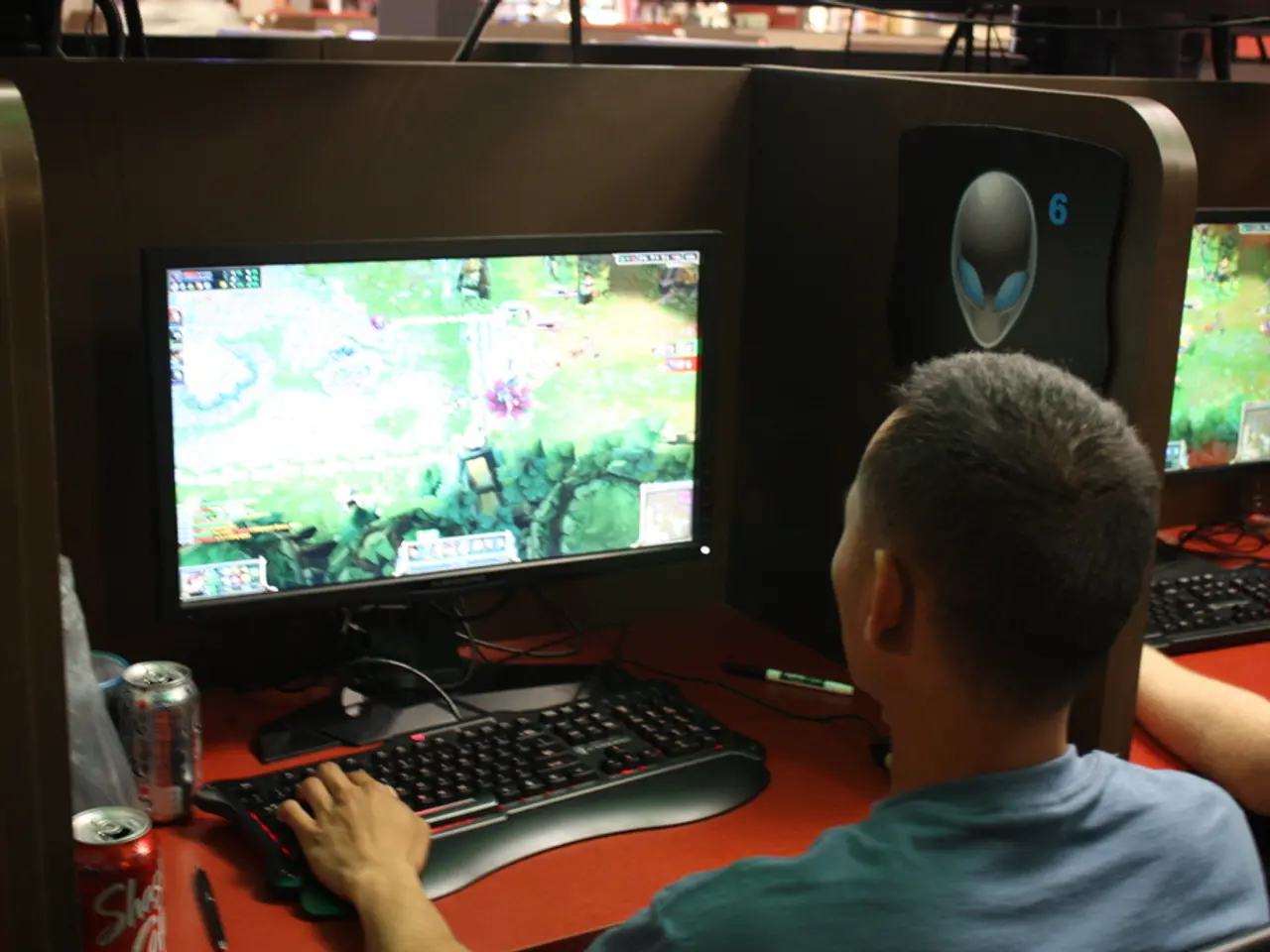Online Gaming Regulation Act of 2025: Ushering in a New Era - Comprehensive Examination
=============================================================================
The Indian government's latest legislation, the Promotion and Regulation of Online Gaming Act, 2025 (PROGA), has sparked a lively debate about the regulation of the online gaming sector and the balance of power between the Centre and the States.
PROGA, which claims its competence under Entry 52, Union List, includes a ban on online money games of skill and chance. However, the government will have to establish that the restrictions on online money games are in the interest of the general public and that the restrictions imposed are reasonable.
The act's legislative competence may be challenged in court, and the government's powers are subject to the Parliament's power. If a legislature exceeds its powers and encroaches on the powers of another, the legislation may be struck down as a "colourable legislation."
While PROGA brings stability and consistency to the gaming industry, it has disrupted the skill-based online money games in the short run. An absolute ban on skill-based online money games might not be a reasonable restriction, considering precedents regarding skill-based games.
States retain the power to regulate the gaming industry under the State List as they can regulate "sports", "entertainment" and "betting and gambling" within their territory. State specific gaming laws will continue to remain in force, and companies may still need to be compliant with its requirements.
The court determines an Act as colourable by examining its effect, object or purpose, and whether one legislature transgresses into the subject matter of another or is legislating on a prohibited subject using the doctrine of "pith and substance."
In the long run, the express recognition and promotion of e-sports and online social games will help the industry to grow. The Centre regulates aspects linked to online communication and technology, which could be seen as ancillary powers. Ancillary powers shouldn't substantially encroach on the powers of other legislatures. Ancillary powers should be in aid of and not inconsistent with the granted power.
The likely authority to examine the constitutionality of online gaming laws in Germany is the Federal Constitutional Court (Bundesverfassungsgericht), which is responsible for reviewing laws for compatibility with the German Basic Law (Grundgesetz). This court assesses the legal conformity of statutory regulations, including those concerning online gambling, with constitutional principles.
Vikash Kukreti and Gaurav Tiwari, Partners and Senior Associate at Luthra and Luthra Law Offices India respectively, have provided insightful analysis on the implications of PROGA. They emphasise the need for a balanced approach that protects the interests of the general public while promoting the growth of the online gaming industry.
The adoption of PROGA may raise concerns about the extent of the Centre's powers and potential encroachment on State domains. As the debate continues, it is crucial to ensure that the regulation of online gaming is in the best interest of the nation and its citizens.
Read also:
- Understanding Hemorrhagic Gastroenteritis: Key Facts
- Trump's Policies: Tariffs, AI, Surveillance, and Possible Martial Law
- Expanded Community Health Involvement by CK Birla Hospitals, Jaipur, Maintained Through Consistent Outreach Programs Across Rajasthan
- Abdominal Fat Accumulation: Causes and Strategies for Reduction







